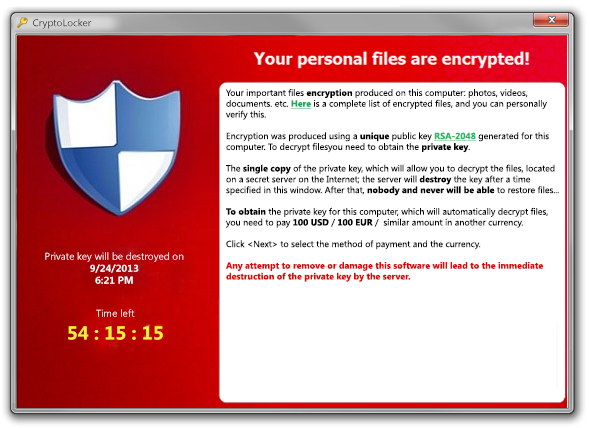Los Angeles: Hackers demand $3m bitcoin ransom from hospital to unlock vital files

An internal emergency has been declared at a major US hospital in Los Angeles following a widespread ransomware-style cyberattack which has left staff unable to access vital patient data, it has been revealed.
The Hollywood Presbyterian Medical Centre, located in the heart of LA, is now dealing with hackers who are reportedly demanding over 9000 bitcoins - which equates to roughly $3.6m – to release the encryption keys to computer systems that hold patient data, X-Ray scans, CT scans and crucial lab work.
According to NBC Los Angeles, hospital president and chief executive Allen Stefanek said that staff first started to notice "significant IT issues" on 12 February, however reports indicate that the attack may have started over a week ago. Now, forensic computer experts from the Los Angeles Police Department (LAPD) and the FBI have been called in to investigate further.
An unnamed doctor has admitted that the hospital's computer system was hacked and is currently being held for ransom, adding that departments are now communicating through fax machines because they have no access to email. Furthermore, a number of patients have been transferred to other hospitals.
Meanwhile, a separate report by Fox (Los Angeles) reaffirmed that the cyberattack has directly affected the 'day-to-day' operations of the hospital.
What is a ransomware attack?

Ransomware attacks are frequently carried out by hackers and cyber criminals to extort money from internet users by 'locking' sensitive or personal data which they will then unlock for a fee – usually demanded in the form of the cryptocurrency bitcoin. Using the dark web as a cover, an entire criminal underground economy has been built from this form of cybercrime.
With such extortion attempts rising, security experts increasingly warn firms not to pay the money as this only fuels the online crime wave.
Recently, Lincolnshire County Council was hit with a ransom-style cyberattack in which hackers demanded £1m to unlock its computer systems. The attack resulted in a total shut down of the council's network for almost a full working week and was blamed on "O-day malware".
While in a separate incident, a blackmail-style cyberattack against Israel's Electricity Authority recently paralysed some computers for more than two days and led to fears the critical infrastructure had been compromised.
© Copyright IBTimes 2024. All rights reserved.







